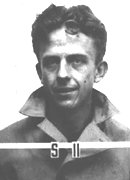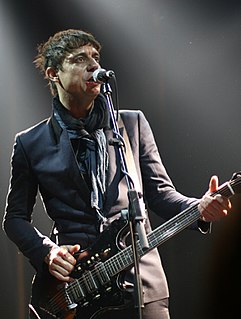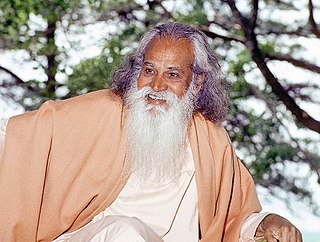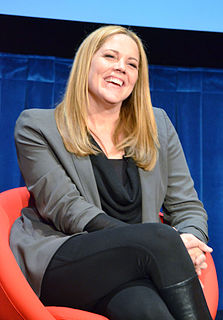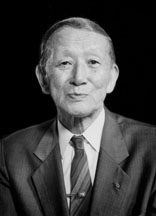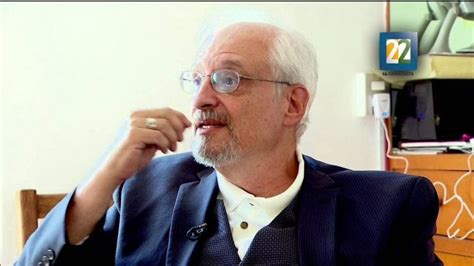A Quote by Marina Abramovic
In real life, you just work for the ordinary self, but in the front of audience you become the superself. That's a completely different thing.
Related Quotes
Everyone has complexes about their body or their ability and skills and dream of a rebirth into something different. I myself have always had that secret desire to become something completely different and enact revenge on certain things. So I do that through my movies. My desires become reality in the movie because it can't become real in real life.
It isn't possible to kill part of your “self” unless you kill yourself first. If you ruin your conscious personality, the so-called ego-personality, you deprive the self of its real goal, namely to become real itself. The goal of life is the realization of the self. If you kill yourself you abolish that will of the self to become real, but it may arrest your personal development inasmuch it is not explained. You ought to realise that suicide is murder, since after suicide there remains a corpse exactly as with any ordinary murder. Only it is yourself that has been killed.
Acting is always sort of the same - like you want to be - you know you're pretending and you want to make it as real as you can. That's the similarity. The mediums other than that are completely different. I mean you know with camera work you're doing really small detailed work and you know if you do anything too big you've sort of failed. And with stage, especially with the play I'm doing right now, I'm doing a farce, and it's so over the top that you can't actually be too big. So it's just completely different.
Those who have overcome self-will and become instruments to do God's work can accomplish tasks which are seemingly impossible, but they experience no feeling of self achievement. I now know myself to be a part of the infinite cosmos, not separate from other souls or God. My illusory self is dead; the real self controls the garment of clay and uses it for God's work.
I definitely prefer the single camera better. For me it's the simple fact that I enjoy working in front of an audience, but when you're trying to create a suspension of disbelief it's much harder to do in front of audience because they become a partner. Moreso than that, they become in charge of the timing. From the simple, mechanical fact that you have to hold for their laughter. The actual timing of the scene is in the hands of the audience. As a control freak, I don't enjoy that as much as the ability to be able to control it in an edit room.
If you're up there performing a song for the first time, it's as if you're hearing it through their ears. You become acutely self-conscious of the song in performance, so that's a good thing before recording. But I like to have some surprises for the audience; I don't want the audience to know everything that's going to be on the record, because these days, with the Internet, people become avid collectors of pre-knowledge.





